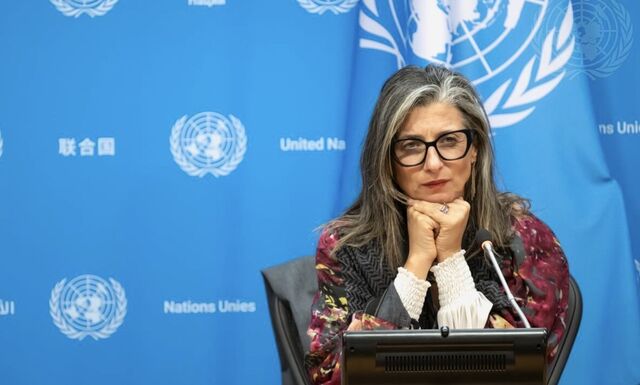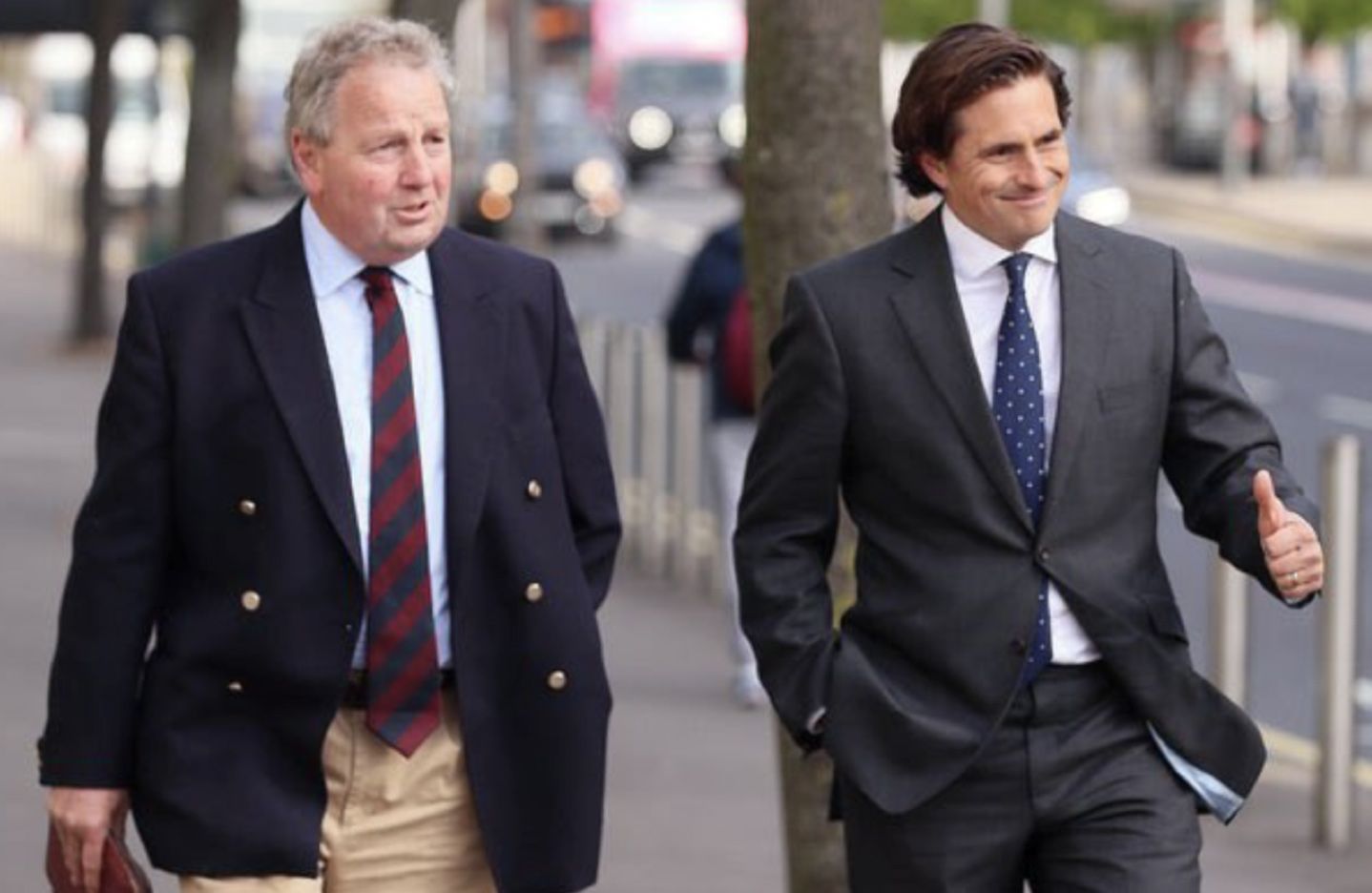WHEN the New Decade New Approach (NDNA) ‘Deal’ was put up to the parties by the British and Irish governments the British government had an annex in which they pledged to implementing the Stormont House Agreement legacy mechanisms within 100 days and to appoint a Veterans Commissioner to act as an “independent point of contact to support and enhance outcomes for veterans in Northern Ireland”.
While the commitment to the legacy mechanisms for all victims and survivors certainly created hope and optimism for a few weeks, in a place stuffed full of commissioners and quangos the position of Veterans Commissioner got little attention and was pretty much ignored in the discourse. Except that it perpetuated the false narrative that victims’ rights are a concession and something to be balanced.
Of course, we know what happened to the commitments to the bereaved and injured. In January 2020 they had their hopes raised and in March the British government ripped up the international, cross-party Stormont House Agreement.
By contrast, the British government was as good as its word to the veterans and appointed their commissioner in August 2020. The UUP’s Danny Kinahan got the job.
The section on veterans in NDNA is an exercise in cognitive dissonance. Committing to the Armed Forces Covenant, a review of aftercare services for veterans and promoting a War Memorial Trust and the Commissioner for Veterans, it is deliberately blind to the history of the British army in our shared region.
Of course, veterans with needs arising from psychological or physical injuries should be supported. But to pretend that those needs exist in a vacuum is ludicrous. British army veterans share this space with others injured by our conflict, a great many of whom were injured by the British army itself. To have only partial schemes enacted supporting only the British army while disregarding the rights of victims and survivors would be breath-taking – if we had any breath left to be taken.
Last week the hitherto elusive Danny Kinahan supported the notion of amnesty legislation for all conflict-related harms. His starting point is an amnesty for British soldiers, but being the sensible chap he is he recognises this would have to apply to all actors and all harms. His comments came in the wake of the resignation of Jonny Mercer MP as the Westminster Veterans Minister. He feels very affronted because his bosses have not yet legislated for a cloak of impunity around all British soldiers who served in Ireland.
And all of that commentary forced the DUP to tell it as it is. They want legislation that gives impunity to British soldiers too. But not to anyone else.
And that tells us the real motivation behind it all. This is about the British government and unionism refusing to countenance any challenge to their own narrative of the conflict. Which, of course, is a bit ludicrous when their narrative lies in tatters on the floors of courts in Belfast, Derry, London and Strasbourg.
But there is that cognitive dissonance again.
Last week, however, the media debate generally focused on the British government and unionism and if they would “concede” an amnesty to all actors or just pursue a singular amnesty. Victims were generally absent from the debate. Just as their codified and enshrined rights are absent from this self-serving discourse.








